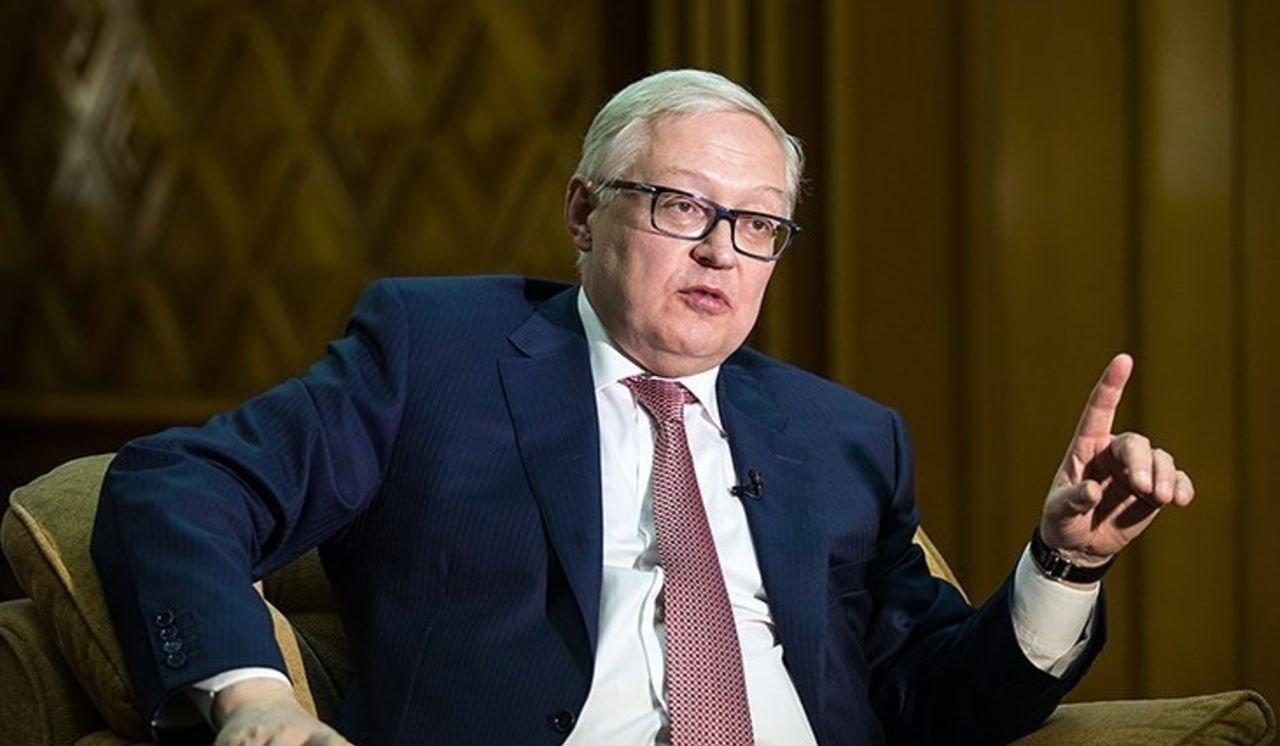The Cold War may be over, but tensions are heating up again between the United States and Russia, as the former has threatened to pull out of the Intermediate-Range Nuclear Forces (INF) treaty signed by President Ronald Regan in 1987.
Russia intends to advocate for the preservation of the treaty via the United Nations, however. Deputy Foreign Minister Sergey Ryabkov said Russia has introduced a draft resolution in support of the preservation of the treaty to the first committee of the U.N. General Assembly.
“Let's see how countries, including allies of the United States, will behave in this situation. What will prevail: concern for the safety or allied solidarity?”, Lenta.ru reported Ryabkov as saying in an interview with Russia’s Channel One TV on October 25.
The INF treaty commits the two former Cold War foes from possessing, producing or test-flying ground-launched nuclear cruise and ballistic missiles having a range of 500 to 5,500 kilometers (approximately 300 to 3,400 miles). The treaty has been credited with ending a four-decades-long arms race between the U.S. and USSR.
On October 20 U.S. President Donald Trump announced that he intends to pull the U.S. out of the nuclear arms control pact over alleged Russian violations. Although Russia has repeatedly denied all accusations, the Trump administration insists that Moscow has been developing prohibited cruise missiles for six years.
The Kremlin maintains that accusations of non-compliance is nothing but propaganda.
“For several years, the American side has refused to provide any objective data supporting Washington's conclusions that the Russian 9M729 ground-based cruise missile that passed flight tests has the operating range banned by the treaty,” RT quoted Russian Foreign Ministry spokeswoman Maria Zakharova as saying at a weekly news briefing on Thursday.
Zakharova also commented on the recent statement by NATO Secretary-General Jens Stoltenberg, who, speaking at the press conference in Brussels early last week, blamed Russia for violating of the terms of treaty.
“Mr. Stoltenberg maintains a regular dialogue with, in particular, the head of the Russian Foreign Ministry,” RIA Novosti quoted Zakharova as saying. “If NATO had specific facts… in favor of allegedly non-compliance of obligations by Russia, then they [facts] could be passed by taking just some initiative.”
“No such materials were transmitted to us either,” she said.
Washington’s decision to withdraw from the 30 year-old agreement is likely to be carried out before the end of this year, according to a forecast by Russian Foreign Minister Sergei Lavrov, who gave an interview with Russia 24 TV on October 25. Lavrov said this became clear after the recent two-day visit to Moscow by Trump’s National Security Advisor John Bolton.
As tensions mount over Russia's alleged missile development, President Vladimir Putin warned that if the U.S. deploys intermediate-range missiles in Europe, Russia will have to take counter-measures against those nations that house them.
“If they are deployed in Europe, we will naturally have to take a tit-for-tat response,” Putin said at a news conference last Wednesday following talks with visiting Italian Prime Minister Giuseppe Conte, according to Reuters.
“I don't understand why we should put Europe in such a grave danger,” Putin said.
Meanwhile, the European Union has urged Russia and the U.S to uphold the INF treaty, seen as a guarantor of European security. Trump’s withdrawal from it, some fear, could lead to a new arms race.
Germany’s Foreign Minister Heiko Maas was one of the first foreign politicians to react negatively to Trump’s announcement, calling it “regrettable,” adding, “it poses difficult questions for us and Europe,” CNN reported.







 President Ilham Aliyev shed light on the evolving contours of the peace process with Armenia during an international conference in Baku this week. ...
President Ilham Aliyev shed light on the evolving contours of the peace process with Armenia during an international conference in Baku this week. ...
 Azerbaijan and Armenia started the process of demarcation of their border on Tuesday, with the installation of the first border markers based on ge...
Azerbaijan and Armenia started the process of demarcation of their border on Tuesday, with the installation of the first border markers based on ge...
 Armenian sappers commenced on Monday mine-clearance operations in the territories adjacent to the Saint Mary Church in village of Voskepar (Armenia...
Armenian sappers commenced on Monday mine-clearance operations in the territories adjacent to the Saint Mary Church in village of Voskepar (Armenia...
 Iran and Pakistan have signed eight cooperation documents in various fields, and agreed to strengthen ties to fight terrorism in the region.
Iran and Pakistan have signed eight cooperation documents in various fields, and agreed to strengthen ties to fight terrorism in the region.



